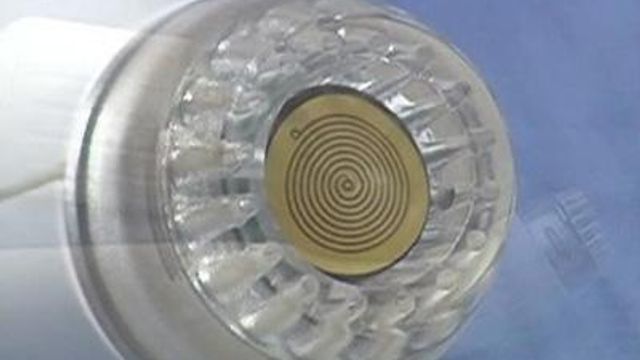Health Team
Tool cuts risk for repeat breast cancer surgery
The Dune Margin Probe tests the tumor in the operating room while the patient is still on the table.
Posted — UpdatedNEW YORK — Breast cancer patients face a daunting choice: mastectomy or lumpectomy.
Although the lumpectomy is less invasive, it could lead to another surgery if cancer returns or if a pathologist finds the cancer is at or near the tumor's edges, or margins.
"The re-excision rate varies from about 20 percent to 50 percent," said Dr. Susan Boolbol with the Beth Israel Medical Center in New York. "
But a new, experimental tool may help surgeons get the job done the first time.
The Dune Margin Probe tests the tumor in the operating room while the patient is still on the table.
"If this tool can consistently tell us if there are cancer cells, we can actually remove extra tissue then," Boolbol said.
The first clinical trial in Israel showed the probe reduced repeat surgeries by more than half. It is not yet approved in the United States, but is being tested in 700 patients at 14 hospitals across the country.
Data from the study could go to the federal Food and Drug Administration by the end of the year. If approved, the device could be available as early as 2010.
Boolbol used the margin probe on Cheryl Victor, a breast cancer patient who chose to have a lumpectomy.
The handheld device transmitted radio-frequency signals into the tumor and a computer analyzed their behavior to determine if there were cancer cells. It found that her margins were clean.
"If anyone can be spared unnecessary surgery, that's just amazing," Victor said. "It's just wonderful."
• Credits
Copyright 2024 by Capitol Broadcasting Company. All rights reserved. This material may not be published, broadcast, rewritten or redistributed.





